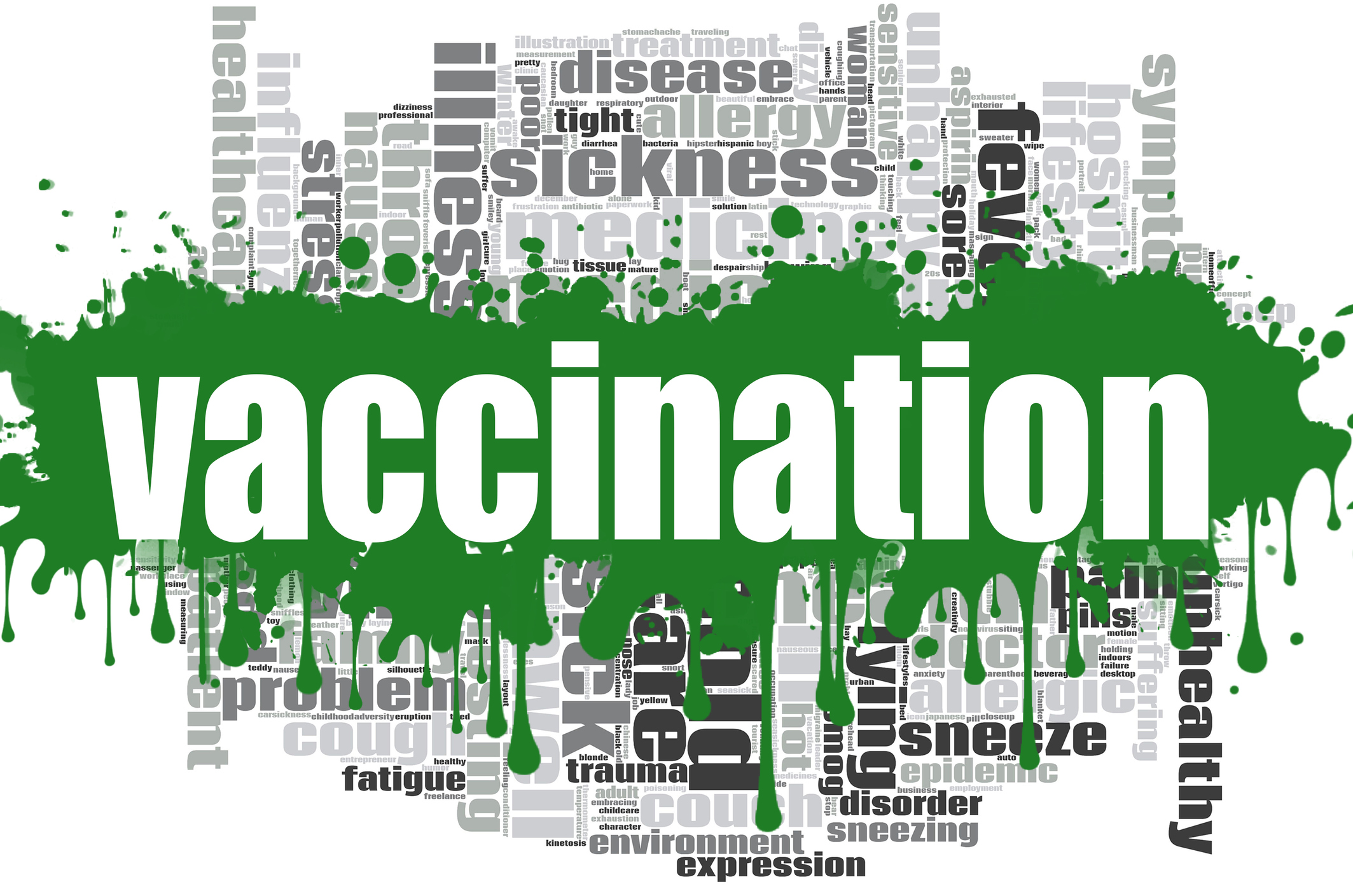Exemptions from Vaccinations
 The best way to prevent transmission of measles, influenza, pneumonia, and many other vaccine-preventable diseases is through increased immunization rates. Unfortunately, recent data shows such rates decreasing among children attending New Jersey schools.
The best way to prevent transmission of measles, influenza, pneumonia, and many other vaccine-preventable diseases is through increased immunization rates. Unfortunately, recent data shows such rates decreasing among children attending New Jersey schools.
State regulations (N.J.A.C. 8:57-4) detail the minimum required number of vaccine doses children must have in order to enter, attend, or transfer into a New Jersey-licensed school, including child care and preschool. The regulations also allow for exemptions from these mandatory immunizations for medical or religious reasons.
A review of the Annual Immunization Status Reports (ASR) data from NJDOH for the past five years shows an increase in the percent of children with religious exemptions. Among all schools in New Jersey for the 2013-2014 school year, the statewide percentage of children claiming a religious exemption from the mandatory vaccinations was 1.7 percent, or approximately 17 out of every 1,000 pupils. By the 2018-2019 school year, the percent had increased to 26 pupils per 1,000 – an increase of nearly 53 percent.
A Call to Action
As the state sees increased rates of measles, influenza, and pneumonia, the good news is there are concrete actions that can – and should—be taken to reduce the harm caused by vaccine-preventable diseases.
 CHART endorses evidence-based recommendations, summarized by NJHA’s Director of the Institute for Quality and Patient Safety Shannon Davila, a registered nurse and infection prevention specialist.
CHART endorses evidence-based recommendations, summarized by NJHA’s Director of the Institute for Quality and Patient Safety Shannon Davila, a registered nurse and infection prevention specialist.
Davila states, “The Centers for Disease Control and Prevention, the American Academy of Pediatrics and the American Academy of Family Physicians all agree on a schedule of immunizations. The recommended vaccines for infants include MMR… polio, varicella (or chickenpox) and hepatitis B, among others. Older kids should add meningitis and human papillomavirus vaccines to the list. And all of us – kids to senior citizens – should receive an annual flu shot.”
In addition to adhering to the recommended vaccination schedule, other ways the general public can protect themselves and vulnerable communities from preventable infections include:
- Receiving any additional vaccinations or booster-shots recommended before international travel.
- Wash hands well and often, especially after using the restroom, before and after eating, touching surfaces in a public place, and when visiting with people who may have weaker immune systems, including very young children and the elderly.
- Consult with a primary care provider on vaccination history. Depending on date and place of birth, previous recommendations for vaccination of different age cohorts may have been updated.
Vaccinations are one of the most studied and effective healthcare interventions. Diseases like smallpox and polio are no longer common scourges because of their complete or near elimination through vaccination. Measles was once considered eradicated from North America; with greater public awareness and better adherence to evidence-based vaccination recommendations, it may once again be banished to medical history.